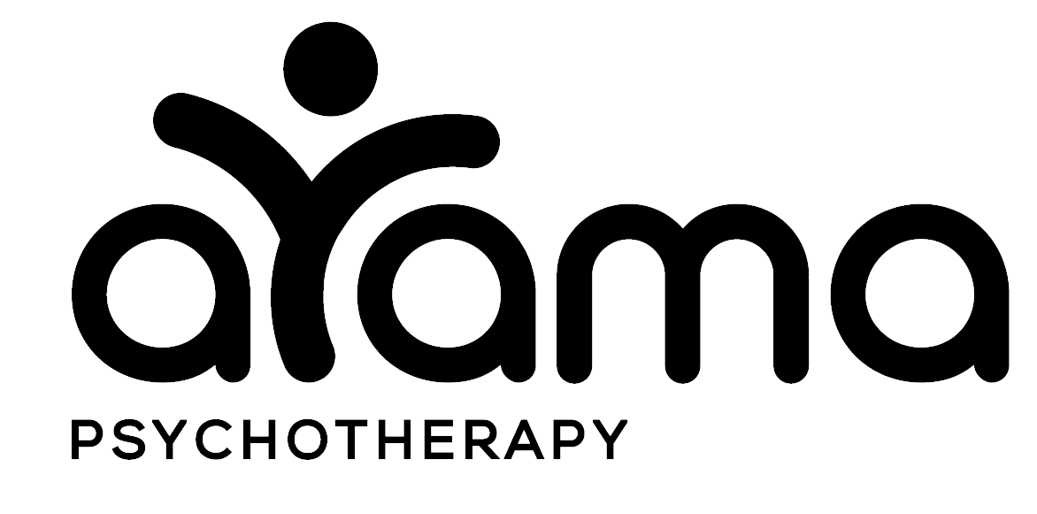Sleep Restriction Is Not As Bad As It Sounds
We all know that making changes can be difficult at times whether it is a small mindless habit or a decades-long habit.
You may have heard that CBT-I can be rough. I also warn people in the self-help courses that sleep change requires "grit," implying that you have to be ready to persevere through difficult times.
One of the mindset barriers that people face is believing that they must get a certain number of hours to sleep in order to function. While it is true that our bodies function best at a certain amount of sleep...this amount can vary greatly between individuals (despite that you may have heard otherwise).
Therefore, setting your sights on a particular amount of sleep without really knowing how much your body needs is a mistake. I cannot tell you how many people, including myself before I knew better, believe that their body needs more sleep than it does. You cannot know how much your body needs if you are making estimates on poor quality sleep or irregular sleep patterns.
One way start to hone in on the true amount of sleep you need is through the use of a technique, which carries an unfortunate name that I believe unnecessarily incites anxiousness, called "sleep restriction."
"Sleep restriction" is the technical term for purposefully setting your sleep schedule to be shorter than usual (we choose a time that is fit to your body's ability to sleep, so it's not a standardized number).
Anxious minds will hyperfocus upon the word "restriction" but that is misguided. Sleep restriction leads to beautiful things AND is not necessarily as awful as people tend to anticipate. Mindset plays a huge role. This topic also came up in a last month at a Sleep Q&A session, so it's fresh in my mind.
What I hear people say is something along the lines of:
"I thought that I would really be suffering while getting less sleep on my new sleep schedule. Actually, I'm getting less sleep, but it's not that much less. AND, I am surprised that I don't feel worse. I mean, I'm dragging right now, but my sleep quality is better. I can feel that something is different [in a good way]."
All I can say is "YAY!"
That is a sign that everything is on the right track. It suggests the presence of a GREAT prognosis. There is other work to be done, but that will fall into place with some diligence and effort.
So, the takeaway today is to consider that sometimes challenging changes can lead to good things and are not always as hard as we anticipate.
Updates on openings: We continue to be full for one-on-one new client openings for CBT-I, but anticipate that some new openings will come around in a month or so. I am also planning to open up registration for the online self-help program for chronic sleep disruption later this month, so just stay tuned if you are interested.
If you wish to get a jumpstart on learning about sleep at this time, reply to this email, and I can send over a coupon code to access Good Sleep 101 for no cost. It's part of my mission to help make sleep information readily available to others.
You can read more about our services.
Happy Sleeping,
Alissa S. Yamasaki
